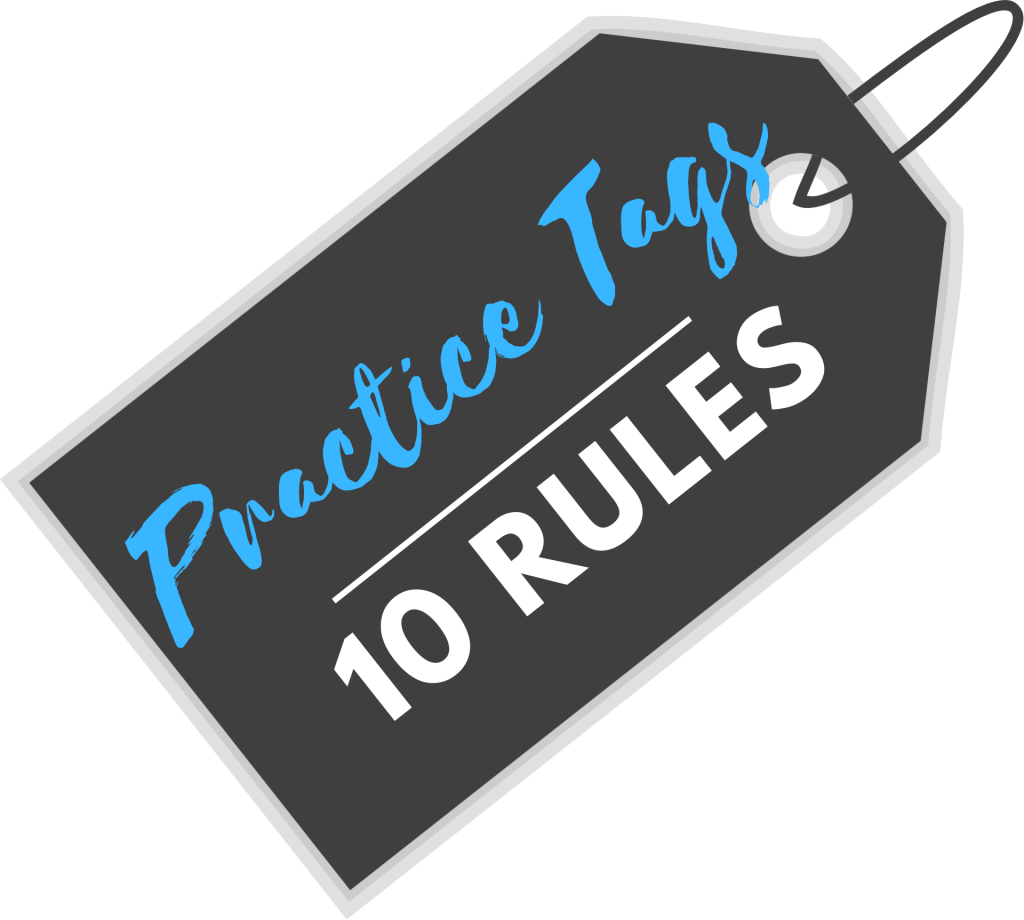Practice Question Tags

10 Simple Rules
#1 the same auxiliary verbs are used in the tags
- She is good, _______________?
- He doesn’t know tables, _______________?
- Everyone is OK, _______________?
#2 when no auxiliary verbs, use the “do” verb
- Everyone danced, _______________?
- No one called, _______________?
- She works in a bank, _______________?
#3 imperatives or commands are changed to “will you”
- Stand up, _______________?
- Have a look, _______________?
- Don’t talk, _______________?
#4 “let’s” is changed to “shall we”
- Let’s go, _______________?
- Let’s eat, _______________?
#5 “let us” is changed to “will you”
- Let us go, _______________?
- Let us eat, _______________?
#6 “have, has, had” are used as main verbs and changed to “do, does, did”
- I have a clue, _______________?
- She has a book, _______________?
- You hadn’t finished your work, _______________?
#7 some words are treated as negative
- His brother hardly visits, _______________?
- None is responsible for the disaster, _______________?
- No book is a bad book, _______________?
#8 Singular auxiliaries (is, was, has, does) with subjects (somebody, nobody, everybody) are changed into plural (they)
- Someone is visiting us, _______________?
- Nobody has seen us, _______________?
- Everyone likes you, _______________?
#9 auxiliary with (something, nothing, everybody) remains the same
- Everything is good, _______________?
- Something has caused a problem, _______________?
- Everybody has eaten, _______________?
#10 when verbs (dare and need) are used as auxiliary, use them in the tags
- You need not worry, _______________?
- You need patience to win, _______________?
- He dare not speak, _______________?
- He dares to speak, _______________?
*Remember: when changing to negative use verb (do).



